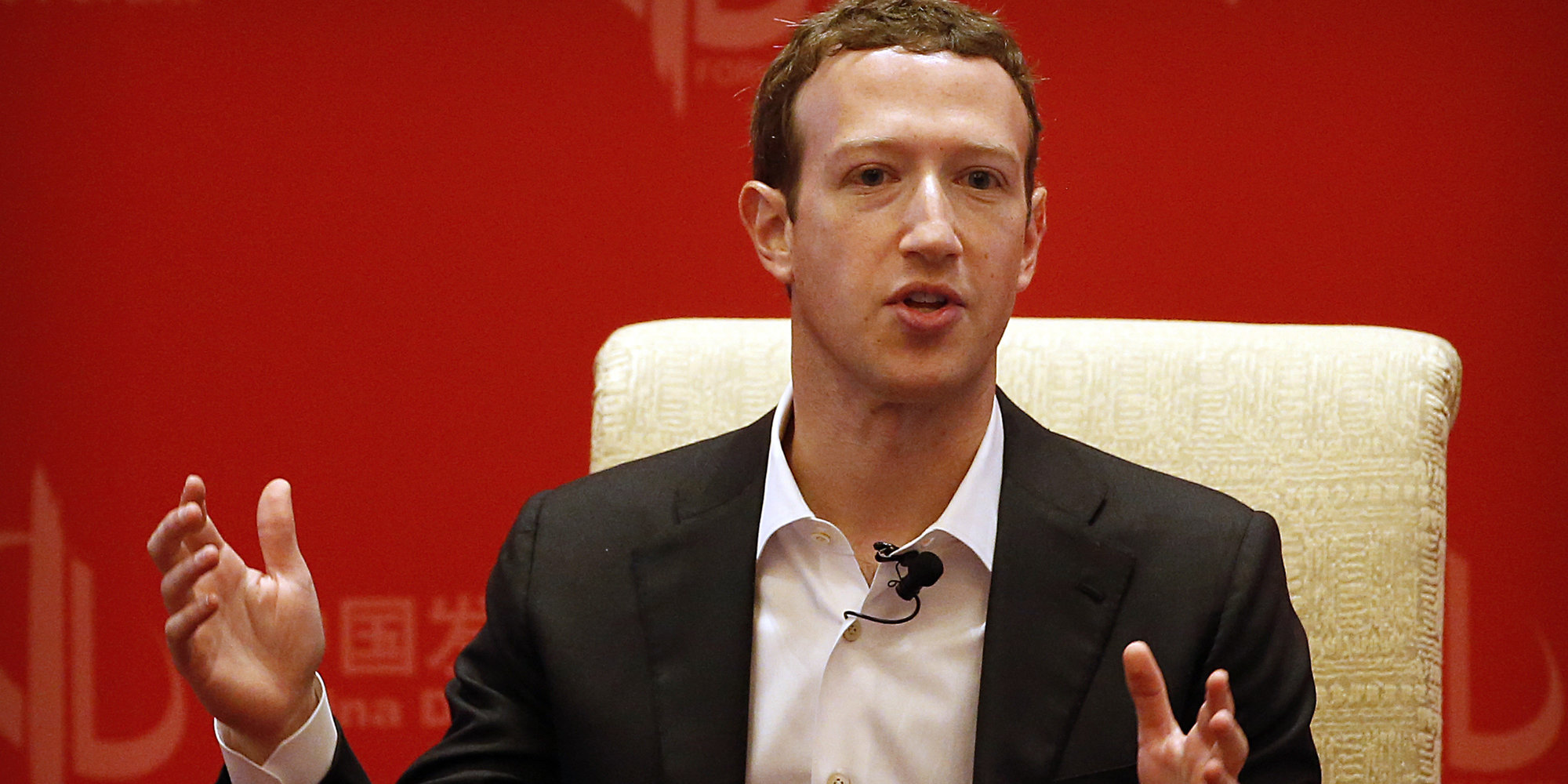Facebook, Google Take Small Steps To Stop Spread Of Fake News

Facebook and Google announced Monday that they were taking steps to restrict ads from fake news outlets after facing criticism that hoax stories helped swing the presidential election in favor of Donald Trump.
Facebook said Monday that it would ban fake news sites from using its Facebook Audience Network, which allows websites to generate revenueby including Facebook ads. Also Monday, Google said it would work to prevent websites selling fake news from using its AdSense advertising network.
While both companies are taking a step in the right direction, the efforts won’t completely fix the problem of fake news stories bubbling up on the two major websites. “Facebook’s move doesn’t address the fake news that appears in users’ news feeds, the focus of criticism of the social network,” the Wall Street Journal reported Tuesday. It’s also not clear how the social network will identify what’s fake and what’s real.
These are both huge issues. During the election, Facebook hosted false news stories that included reports that actor Denzel Washington and Pope Francis had endorsed Trump. Both posts went viral on the social media website, according to NBC News.
On Sunday, a fake blog post suggesting that Trump had won the popular vote shot to the top of Google’s search engine for those looking up final election results. In fact, Hillary Clinton’s popular vote lead has been growing.
Facebook users can still post and share fake news stories, meaning there’s still an incentive for accounts to spread hoaxes in an effort to get clicks and drive revenue. Earlier this month, Buzzfeed reported on how Macedonian teens were churning out fake, pro-Donald Trump click-bait in an effort to make money.
The Wall Street Journal pointed out that a Facebook spokesman “couldn’t specify the signals its software uses to identify fake news sites, or when it will also ask people to review the sites. He also couldn’t say why Facebook couldn’t use similar technology to stamp out fake news on its news feed.”
Facebook Chairman and CEO Mark Zuckerberg has insisted his company did not influence last week’s presidential election. “Of all the content on Facebook, more than 99% of what people see is authentic,” he wrote in a status update posted Saturday. “The hoaxes that do exist are not limited to one partisan view, or even to politics. Overall, this makes it extremely unlikely hoaxes changed the outcome of this election in one direction or the other.”

On Monday, Google said in a statement, “We clearly didn’t get it right, but we are continually working to improve our algorithms.”
While Google’s move will financially restrict fake news outlets, Reuters noted that it “similarly does not address the issue of fake news or hoaxes appearing in Google search results.”
Google has been “more aggressive” in weeding its search algorithms to penalize click-bait and fake news, Joe Pooley, chair of media and communication at Muhlenberg College, told The Huffington Post.
“In some respects, this whole issue is less intense for Google,” Pooley said. “In general, Google has been better.”
Google said in a statement that it would “restrict ad serving on pages that misrepresent, misstate, or conceal information about the publisher, the publisher’s content, or the primary purpose of the web property.” The search engine giant did not specify how it would implement or enforce the policy, according to Reuters.